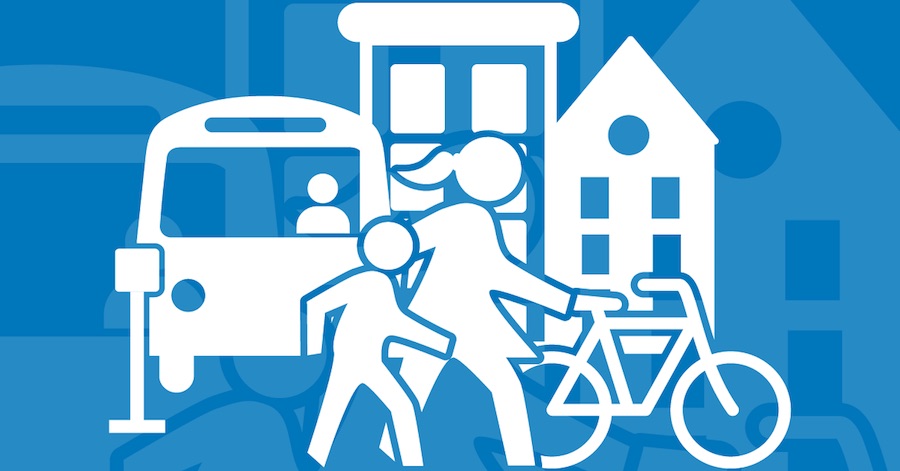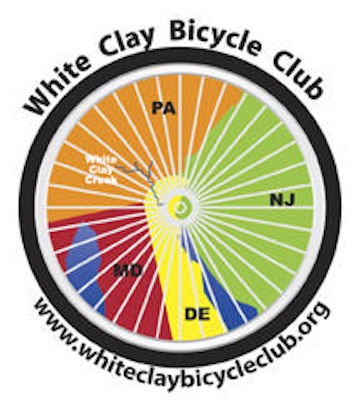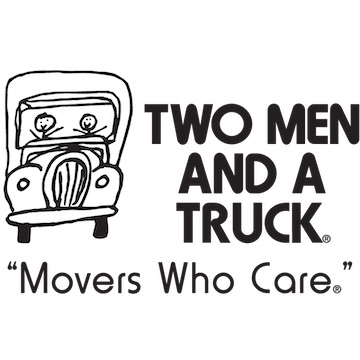Better Transit, Better Health, Cleaner Air and More Jobs

A “complete community” is a walkable, bikeable, transit-served, mixed-use, vibrant and entrepreneurial neighborhood, town or city.
Do you own a car?
Most people in Delaware do. But if you’ve ever lived here without owning a car you know that it can be extraordinarily difficult trying to get where you want to go in Delaware without one. In fact, it can be more than just difficult. It can be deadly. (Delaware is one of the deadliest states in America for pedestrians.)
But despite the difficulty, and even danger, that living without a car in Delaware can mean, there are still many Delawareans who live that way. Why is that?
There are many reasons.
Many Delawareans have disabilities of one sort or another that prevent them from operating a motor vehicle and also lack the familial or financial resources to meet their mobility needs.
After age 70, drivers’ crash rates start to go up. After age 80, drivers have a higher collision rate per mile traveled of any age group except for teens, and their rate of fatal collisions per mile traveled is the highest of all drivers. Many of these senior drivers give up their licenses voluntarily. Others will have them suspended or revoked.
Cars are expensive to own, maintain and insure. Many Delawareans simply can’t afford to do so.
Many students and recent graduates don’t own cars.
Many people lose their licenses for unwise and/or risky behavior.
All of these people depend on transit for their mobility needs. With it, they all have a chance to live productive and independent lives. They can find jobs, get to jobs and interview for better jobs. Seniors can “age in place” and remain independent. Without transit, however, getting to a job, to school or to a doctor can become a Herculean feat. People become isolated and impoverished.
The state of Delaware operates a statewide transit system. It is a lifeline for people without cars. But for the many people who depend on it, taking transit in Delaware often means infrequent service, multiple stops and time-wasting transfers. People whose lives are already challenging to begin with may have to spend hours getting where they need to go for a trip that might take only 15 or 20 minutes if they owned a car.
Our transit system is necessary. But it’s also slow, and expensive to taxpayers. Are we just stuck in this situation? We have to provide transit as a necessity but isn’t there any way to provide better, more efficient transit? Is it possible to do better? Is it possible to do transit smarter?
It is possible. In 2016, the Delaware General Assembly passed the Healthy and Transit-Friendly Development Act (also knowns as the “Complete Communities” law) and then-Governor Markell signed it into law at the 2016 Walkable Bikeable Delaware Summit. What does this 2016 law do? In a nutshell, it creates a strategy in state law for DelDOT to work with local governments to encourage “transit-friendly” development in tandem with better transit service. That’s the strategy behind the best transit systems in the world. It makes transit more efficient, attracts new riders and brings more rider revenue into the transit system. More rider revenue can, in turn, support better service that can attract even more riders, and so on in a “virtuous circle” of progress-inspiring-more-progress.
Delaware’s Complete Communities law was endorsed by the most diverse coalition of good government, public health, environmental and business groups we have ever seen behind a single piece of legislation in Delaware. One reason for that is because transit-friendly development is also walkable and bikeable development and the purpose of this law is to help make it safer and more convenient for people to get out of their cars and lead more active lives, accessing transit for longer trips but completing shorter ones by foot or by bike. That’s a public health payoff, which is why the American Heart Association, AARP, the Governor’s Council on Health Promotion and Disease Prevention, Bike Delaware, Delaware Greenways and the Rails-to-Trails Conservancy all backed it. Another reason is that fewer car trips also means a lot less air pollution. That’s an environmental payoff, which is why the Delaware Nature Society and the League of Women Voters also backed it. And finally (if there needed to be yet another good reason!), transit-friendly development would also be a big win for local Delaware businesses because it enables the formation of new households that own fewer cars, yielding household savings of between $5,000 and $10,000 every single year. That might not be so great for Delaware’s economy if that money was going to our local car manufacturers or our local oil drillers in Delaware. But Delaware doesn’t have either any local car manufacturers or any local oil drillers, which means that that $5,000 to $10,000 saved per household is additional discretionary income that those households can instead spend with local Delaware businesses creating local Delaware jobs. That amounts to a huge potential economic payoff, which is why both the Delaware State Chamber of Commerce and the Delaware Association of Realtors also supported the passage of Delaware’s Complete Communities law.
Delaware’s Complete Communities law is completely voluntary. None of its provisions or benefits come into force until a local government formally decides to “opt-in” by entering into an agreement with DelDOT. For a community that wants to grow in a way so that high-quality transit becomes more financially cost-effective and their community simultaneously becomes more walkable, bikeable, healthy and wealthy, this is an opportunity still waiting to be seized for the first time.
An earlier version of this article appeared as an Op-Ed in the New Journal under the byline of Jill Fuchs (President of the League of Women Voters of Delaware), John Hollis (Governor’s Council on Health Promotion and Disease Prevention), Jonathan Kirch (Delaware Director of Government Relations of the American Heart Association) and James Wilson (Executive Director of Bike Delaware).








